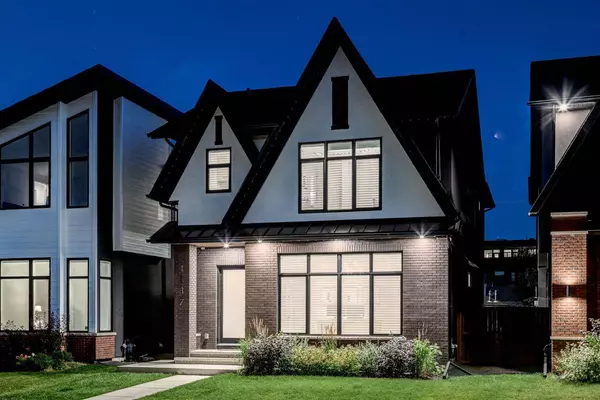What happens to prices when mortgage rates drop?
In the world of real estate, there are several factors that can influence property prices. One of the most significant factors is mortgage interest rates. When mortgage rates drop, it can have a profound impact on the housing market and ultimately affect property prices. In this blog post, we will explore what happens to prices when mortgage rates decline and examine historical data to support this phenomenon.
For prospective home buyers, a decrease in mortgage rates can result in increased affordability. When interest rates are low, buyers can secure a loan with a lower monthly payment, which means they can afford to make higher offers on properties. This increased buying power can lead to heightened competition among buyers, driving prices upward.
To understand the correlation between mortgage rates and property prices, let's take a look at historical data. In 2014, mortgage rates dropped to historic a low of 2.70%. This caused a surge in homebuyer demand, leading to a shortage of available properties (similar to what we are seeing in todays market). With more buyers competing for fewer homes, prices skyrocketed. The combination of low mortgage rates and limited inventory created a highly competitive market that favored sellers. The market saw a 6.00% increase in home prices in 2014 compared to the sale month in 2013.
Most recently, in 2020, the COVID-19 pandemic prompted the Bank of Canada to lower interest rates in an effort to support the economy. As a result, mortgage rates hit more extraordinary lows (in many cases under 2%), attracting a wave of buyers into the market. This surge in demand, coupled with limited housing inventory, drove prices up once again. It was common place to see homes selling for as much as $100,000 over the listing price.
While it's important to note that there are other factors that can influence property prices, such as location and economic conditions, the impact of mortgage rates cannot be overlooked. When rates decrease, buyers are incentivized to take advantage of the favorable borrowing conditions, leading to increased demand and, consequently, higher prices.
It's worth mentioning that the relationship between mortgage rates and property prices is not always a direct cause-and-effect scenario. There are instances where changes in mortgage rates may not immediately translate to significant price fluctuations. Factors like local market dynamics and economic conditions can moderate the effect of rate changes.
Additionally, it's important to consider that as mortgage rates decline, more people may be able to afford homeownership, which can increase the number of potential buyers in the market. This surge in demand can create a more competitive environment, further driving up prices. Making it much harder for some people to buy into the market here in Calgary.
In conclusion, when mortgage rates drop, property prices historically tend to rise. This can be attributed to increased buying power and heightened competition among buyers. However, it's essential to consider other factors that can influence the housing market, such as location and economic conditions. As a prospective buyer or seller, it is advisable to stay informed about current mortgage rate trends and consult with real estate professionals to make informed decisions.
Give us a call at 587-602-0204 if you would like to discuss your options in more detail. Or visit here: https://www.theshanemeahanrealtyteam.com/vip_buyer to get set up to see todays hottest homes fore sale.
Categories
Recent Posts











